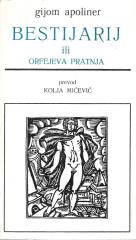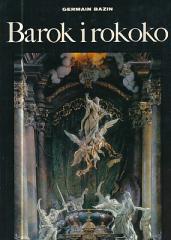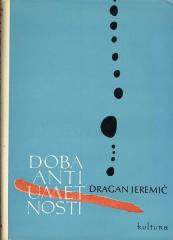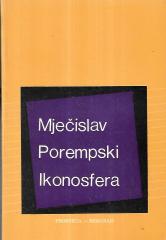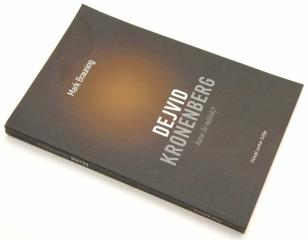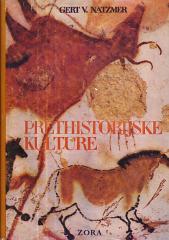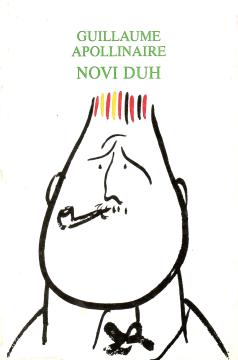
Novi duh: Slikari kubisti / Novi duh i pjesnici
"The New Spirit and Poets" is an essay by Guillaume Apollinaire, published in 1918. His idea of a "new spirit" became the foundation of modernist poetics and inspired many authors to question the limits of literary expression and artistic creativity.
In this manifesto, Apollinaire invites poets to free themselves from the shackles of traditional aesthetics and open themselves to new expressions that reflect the spirit of the modern age. He advocates free verse as a form of poetic freedom, thereby opposing classical metrical structures and rhyming forms that he considers obsolete.
Apollinaire stands for the unity of art and emphasizes the synesthesia of different directions and media, such as Cubism, Futurism and Surrealism. In his opinion, art should be dynamic, flexible and adapted to the accelerated rhythm of modern life.
He pays special attention to the concept of "new spirit" as an aesthetic revolution that rejects the sentimentality and pathos of previous eras, relying on intellectual depth and modern sensibility. He emphasizes the importance of imagination and courage in creating new poetic forms, which should be authentic, experimental and connected to reality.
Apollinaire sees the poet as a prophet of the new age, who anticipates social and cultural changes through his art.
No copies available
The last copy was sold recently.
